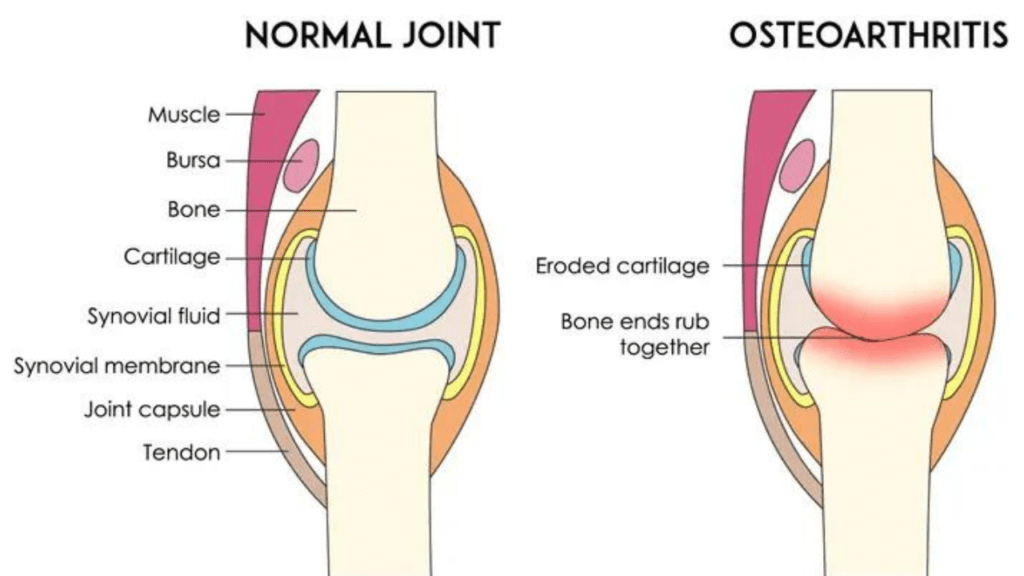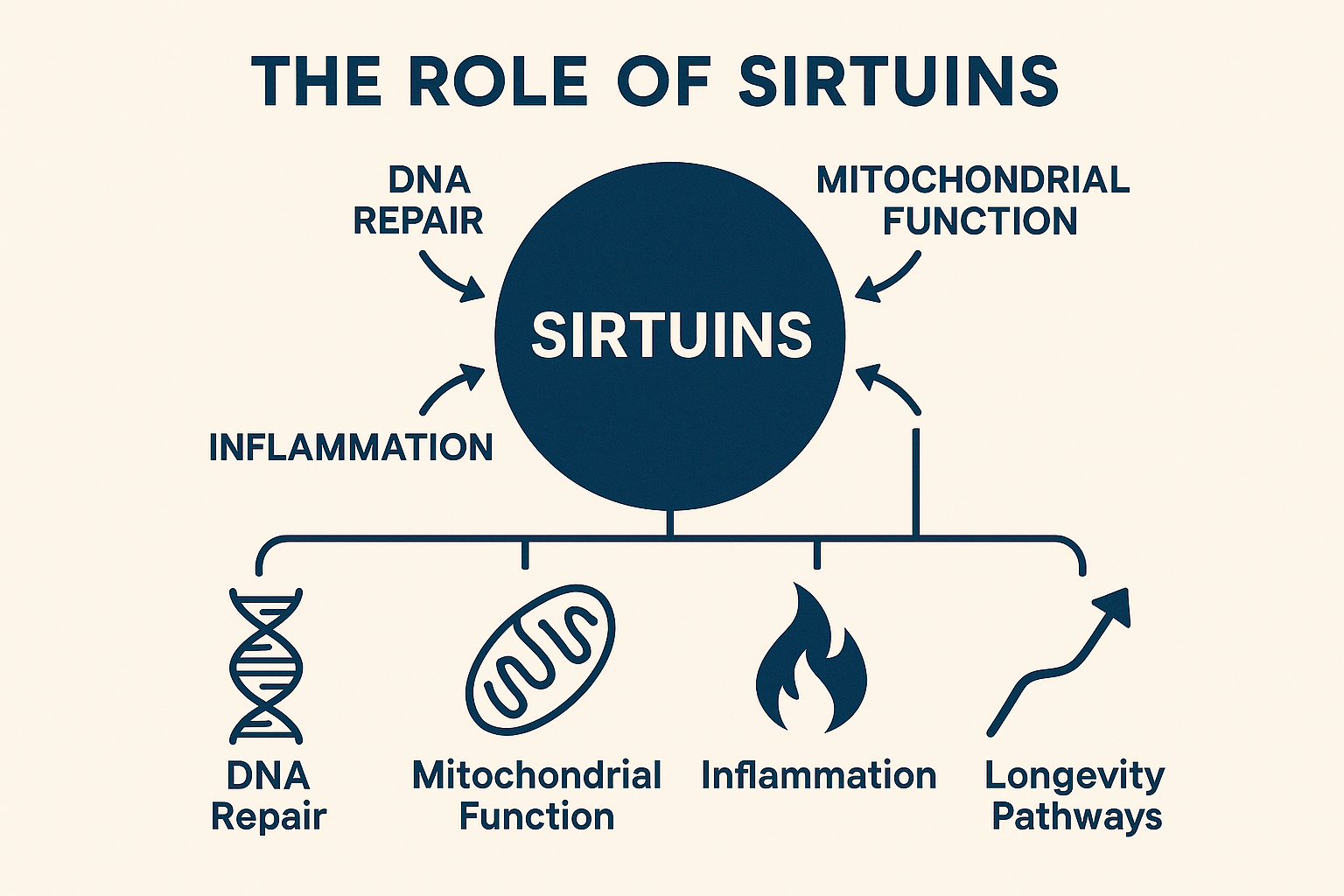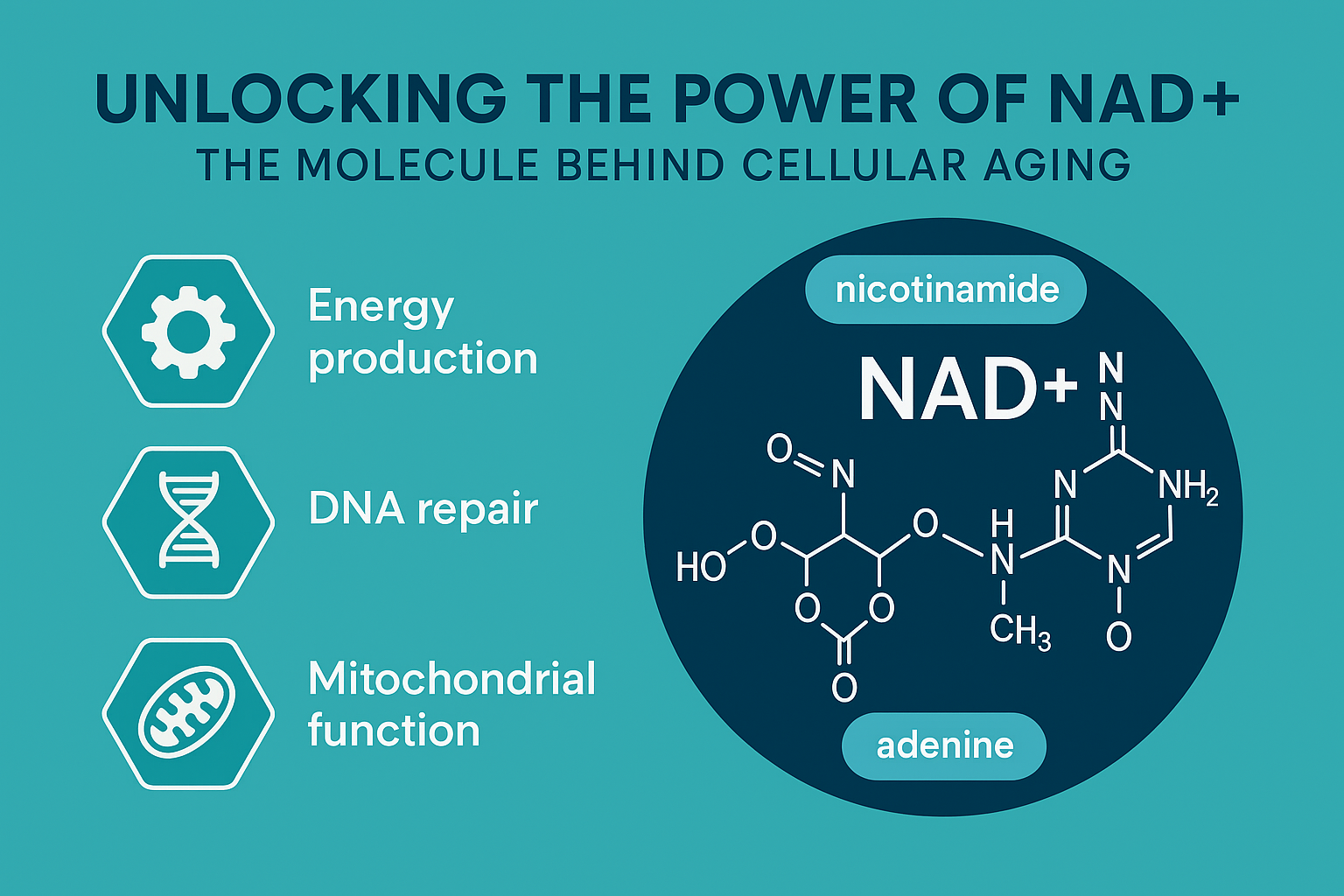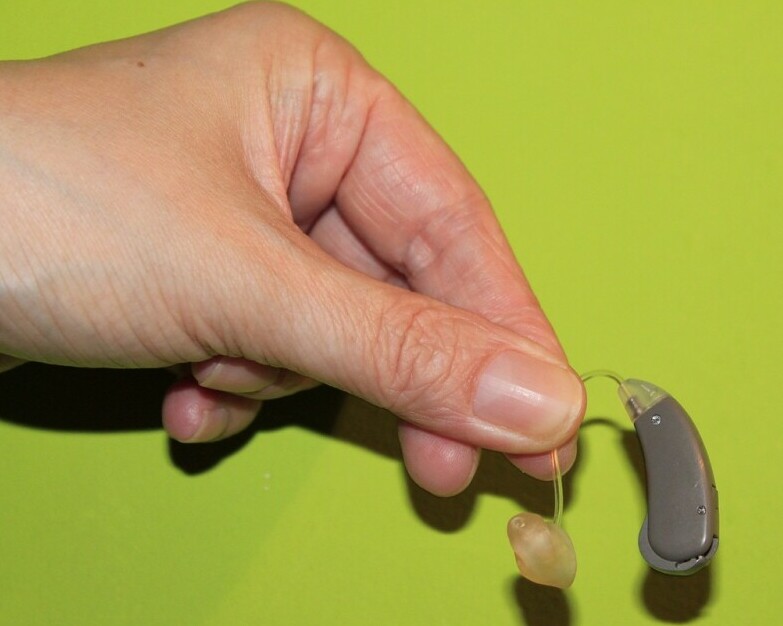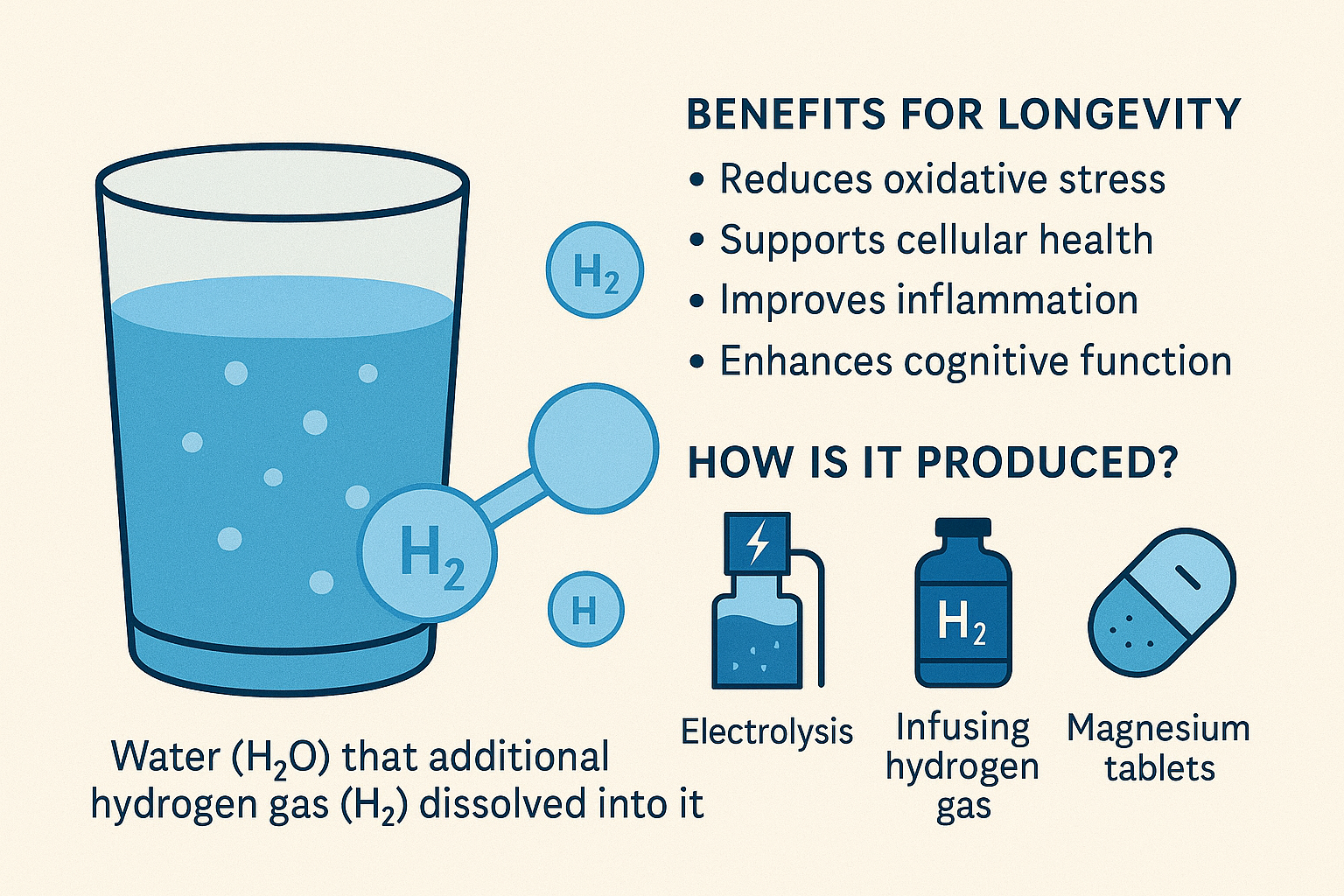Introduction: Embracing Joint Health for a Vibrant Life
Do you feel the wear and tear of time affecting your joints? You’re not alone. As we age, our joints, those crucial connectors between bones, often bear the brunt of years of activity. However, aging doesn’t have to equate to discomfort or immobility. With the right knowledge and habits, you can take proactive steps to preserve your joint health. This comprehensive guide will walk you through understanding and maintaining joint health, helping you stay active and pain-free well into your golden years.

Understanding Joint Health: Setting the Foundation
Overview of Joint Anatomy and Function as We Age
Our joints, from our knees to our fingers, are marvels of engineering. Comprised of bones, cartilage, synovium, and synovial fluid, they allow for smooth movement. As we age, these components can undergo wear and tear, leading to potential issues. For instance, cartilage can wear down, and synovial fluid lessens, leading to the common stiffness and soreness associated with older age.

Common Age-Related Changes in Joint Health
Age-related changes such as decreased bone density, cartilage degeneration, and reduced muscle mass directly impact joint health. For instance, osteoarthritis, a common condition among seniors, results from the wearing down of joint cartilage. These changes can be exacerbated by factors like inflammation and oxidative stress, highlighting the importance of a holistic approach to joint care.
Impact of Lifestyle on Long-Term Joint Vitality
Your lifestyle plays a pivotal role in your joint health. Poor diet, lack of exercise, and excessive weight contribute to joint deterioration, while factors like smoking and excessive alcohol consumption can further exacerbate these issues. Conversely, a healthy lifestyle can significantly delay or prevent these issues, underscoring the power of daily choices in maintaining joint vitality.
Daily Habits for Lifelong Joint Vitality
Importance of Maintaining a Healthy Weight to Reduce Joint Stress
Excess weight puts additional stress on weight-bearing joints like hips and knees. Losing even a small amount of weight can make a big difference. For example, every pound lost translates to four pounds less pressure on the knees, significantly reducing the risk of joint degeneration and pain.
Balanced Diet Essentials for Joint Nourishment
A balanced diet rich in anti-inflammatory foods like omega-3 fatty acids (found in fish) and antioxidants (in fruits and vegetables) can alleviate joint pain and support overall joint health. Nutrients like calcium and vitamin D are also crucial for bone health, helping to prevent conditions like osteoporosis that can exacerbate joint issues. At times, a balanced diet is not always possible which make supplements an ideal alternative when trying to achieve a balanced diet rich in anti-inflammatory foods. One supplement option is from THORNE Super EPA Omega-3 Fatty Acids that not only support Joints but also Brain and Cardiovascular functions by promoting optimal blood flow in blood vessels to help maintain the level of triglycerides within a normal range.

Hydration’s Role in Joint Lubrication and Nutrient Transport
Staying adequately hydrated helps maintain the lubrication of your joints. Dehydration can lead to decreased joint fluid, increasing friction and pain. Additionally, water plays a key role in nutrient transport and waste removal, essential processes for maintaining healthy joint tissues.
Importance of Physical Activity and Low-Impact Exercise Options
Regular, low-impact exercises such as walking, swimming, or cycling keep joints flexible and strengthen the muscles supporting them. Incorporating gentle movement into your daily routine can prevent stiffness and maintain joint function, especially important as we age.
Movement and Exercise: A Key to Keeping Joints Youthful
Role of Strength Training in Supporting Joint Health
Strength training, even with light weights, maintains muscle mass and supports joints. For instance, exercises like squats and leg presses enhance knee joint stability. This kind of exercise not only strengthens the muscles but also stimulates bone growth, which is crucial for joint support.
Flexibility Workouts to Enhance Joint Function
Flexibility exercises like stretching, yoga, or Pilates maintain joint range of motion and can reduce the risk of joint injuries. They ensure joints move freely, reducing the risk of injury and stiffness, particularly important in areas like the spine and hips, which are crucial for daily movement.
Popular Forms of Exercise Suitable for Aging Joints
Walking, swimming, and yoga are excellent for aging joints. They provide cardiovascular benefits without excessive strain and can be easily adapted to suit different fitness levels. For example, swimming is ideal as water supports your weight, reducing joint stress and allowing for a broader range of motion.

Safeguarding Against Injuries During Workouts
It’s essential to start slowly and listen to your body to avoid injury. Gradual intensity increases and proper technique are key, along with ensuring adequate warm-up and cool-down periods during exercise sessions.
Professional Care and Advanced Options for Joint Health
When to Seek Medical Advice for Joint Concerns
Persistent joint pain or stiffness warrants a visit to a healthcare provider. Early intervention can prevent further damage and may involve lifestyle advice, medication, or other therapies. This early attention is particularly important in detecting conditions like arthritis early on.
Physiotherapy and Its Benefits for Managing Joint Discomfort
Physiotherapy can provide personalized exercises and treatments to manage pain and improve function. Techniques like ultrasound or manual therapy can offer relief and are often used alongside advice for home exercises and lifestyle changes.
Supplements and Medications: Research, Benefits, and Cautions
Supplements like glucosamine and chondroitin have mixed research results but may benefit some people with joint issues. Always consult a doctor before starting any supplements or medications, as they can have side effects or interact with other medications.
Emerging Treatments and Therapies for Joint Preservation and Repair
Advancements in medicine, such as stem cell therapies and regenerative medicine, offer new hopes for joint preservation and repair, though they are still under extensive research. These treatments aim to repair or regenerate damaged joint tissues, offering a potentially transformative approach to joint health.

Conclusion: A Lifetime Commitment to Joint Health
Joint health is a journey, not a destination. By understanding and implementing these tips and habits, you can significantly impact the health and longevity of your joints. Remember, every small step towards a healthier lifestyle can lead to a big leap in joint vitality and overall well-being. Embrace this journey with patience and persistence, and your joints will thank you for years to come.
For additional information on the series for Joint Health, check out the other articles under the category of Mind & Body Well-Being.
Disclaimer: Some of the links displayed may be affiliate links, which means that if you click on the affiliate link, I may receive a small commission. The commission is paid by the retailers and at no cost to you which helps to support this channel with the growing content. Thank you! In addition, I am not a medical professional. Ideas presented in this article are for entertainment and informational purposes only. Please do your own due diligence and seek medical advice from a licensed healthcare professional before starting any new regimen, diets, supplements, or programs to ensure it is safe and suitable for your individual health needs and circumstances. No material on this video is intended to be a substitute for professional medical advice, diagnosis, or treatment. Always seek the advice of your physician or other qualified health care provider with any questions you may have regarding a medical condition or treatment.


